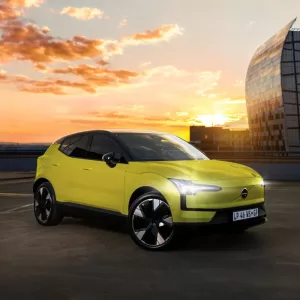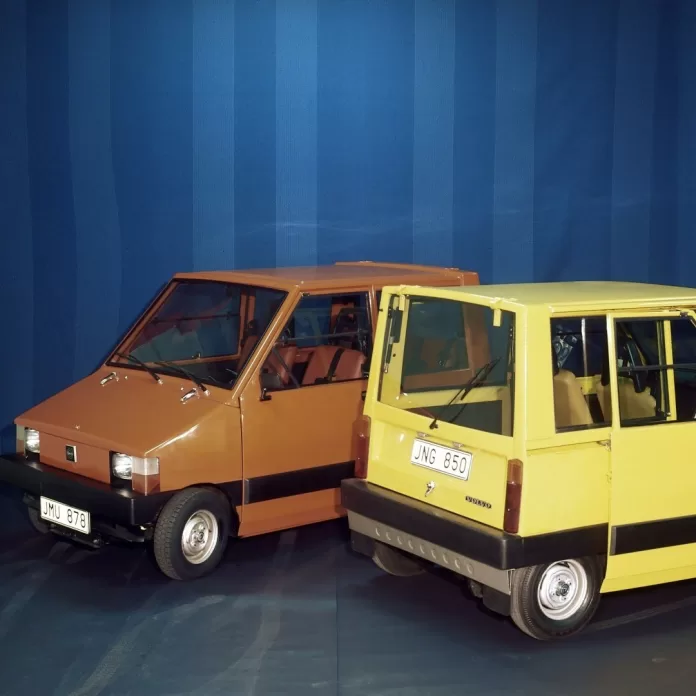Volvo Car South Africa’s recent success with its electric vehicle (EV) lineup, particularly the popular EX30 crossover, highlights a legacy of electrification stretching back decades. While the XC40 Recharge marked Volvo’s first electric EV, the company’s commitment to sustainable mobility began much earlier, in 1976, with the Elbil prototype.

This innovative two-seater, developed in collaboration with Swedish telecommunications company Televerket, represented a bold vision for the future. Measuring under 2.3 meters in length – less than half the size of the modern EX30 – the Elbil possessed a simple design focused on functionality. Powered by two electric motors and a 300kg lead-acid battery pack comprising twelve 6-volt batteries, it boasted a range of approximately 50 km and a top speed of 69 km/h. Despite its modest performance by today’s standards, the Elbil effectively served its purpose for Televerket employees, providing emission-free transportation for short-distance deliveries.
The Elbil’s launch, however, coincided with a period of low public interest in EVs, even amidst the 1970s oil crisis. Combustion engine technology continued to dominate, overshadowing the Elbil’s groundbreaking zero-emission capabilities. Nevertheless, this early prototype played a crucial role in shaping Volvo’s enduring commitment to electric vehicles.
Felipe Yagi, Head of Marketing & Communications at Volvo Car South Africa, emphasizes the Elbil’s significance: “Even in the 1970s, Volvo understood the importance of innovation in creating a sustainable tomorrow.” He further highlights the Elbil remarkable evolution ” Volvo’s journey is a remarkable evolution from a prototype that could travel 50 km to electric cars offering ten times that range. The Elbil’s legacy isn’t just technical—it’s a vision of how innovation can drive meaningful change,” Yagi concludes.
This legacy continues with the upcoming launch of the flagship EX90 in South Africa, further solidifying Volvo’s position in the burgeoning EV market. The EX30’s success, therefore, is not only a testament to its own merits but also a reflection of Volvo’s long-standing dedication to sustainable transportation, a journey that began with the pioneering Elbil.




